August 28, 2025 | 09:09 GMT +7
August 28, 2025 | 09:09 GMT +7
Hotline: 0913.378.918
August 28, 2025 | 09:09 GMT +7
Hotline: 0913.378.918
On August 27, Deputy Minister of Agriculture and Environment Hoang Trung received a delegation from the House of Representatives of the Republic of Indonesia, led by Mr. Sturman Panjaitan, Member of Parliament and Deputy Chairman of the Legislation Committee. The meeting took place as Vietnam and Indonesia enter a new stage of development in 2025, following the official upgrade of their relations to a Comprehensive Strategic Partnership during General Secretary To Lam's state visit in March, while also marking the 70th anniversary of diplomatic ties (December 30, 1955 - December 30, 2025).
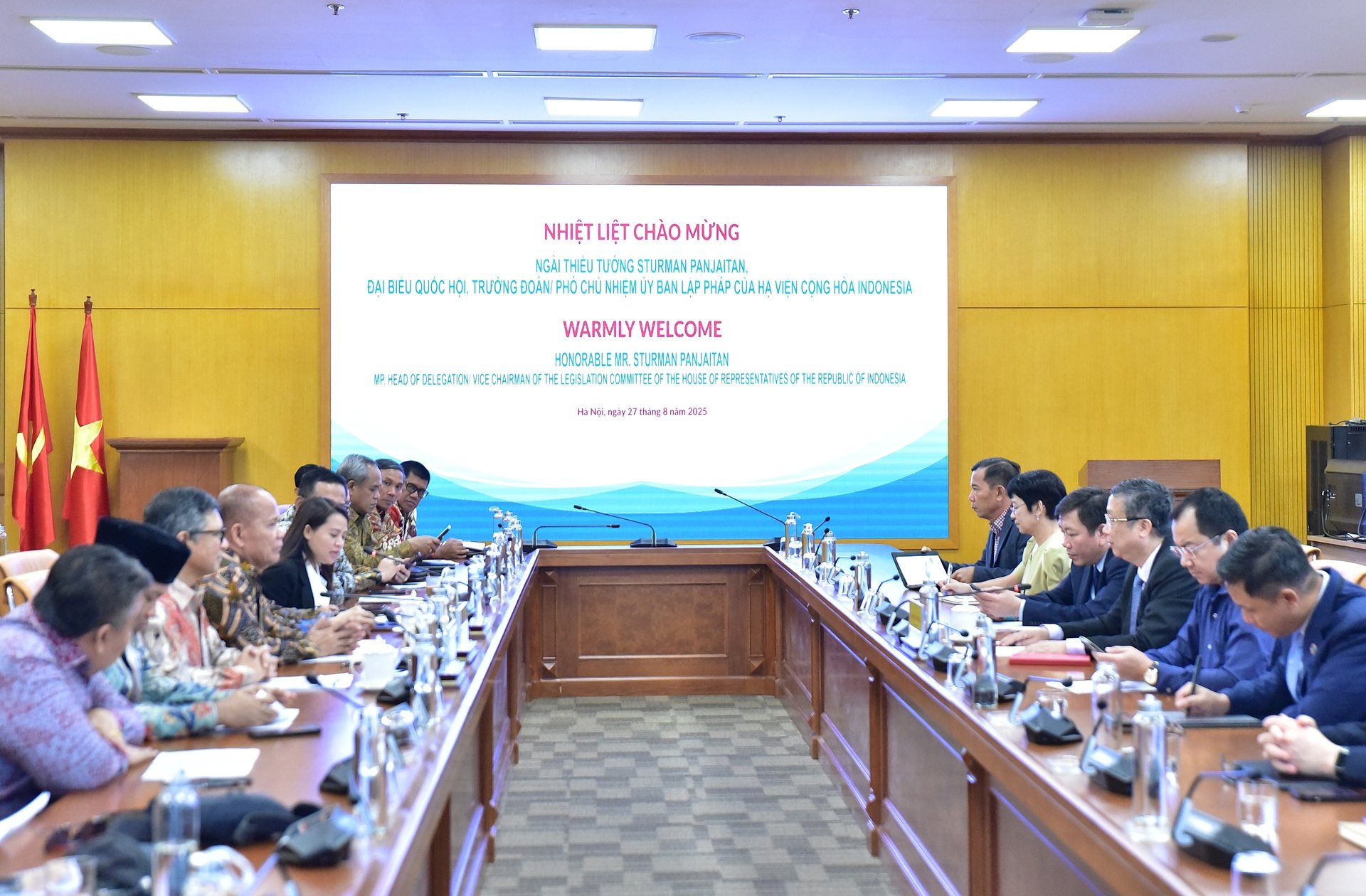
The delegation of the Indonesian House of Representatives paid a visit and held working sessions at the Ministry of Agriculture and Environment (MAE). Photo: Kieu Chi.
Mr. Sturman Panjaitan enthusiastically shared that two-way trade turnover in 2024 reached USD 16.7 billion. Compared to USD 8 billion in 2020, he assessed that Vietnam and Indonesia are on a strong growth trajectory in economic cooperation. The two countries also share many common goals: becoming developed, high-income nations by 2045, seizing opportunities in energy transition, and applying science and technology to enhance competitiveness.
The Indonesian House of Representatives is currently drafting a trade bill covering products such as coconut, cocoa, tea, coffee, and tobacco. Therefore, Mr. Sturman expressed his wish to learn from Vietnam’s experience and expertise in formulating and implementing current legal regulations, thereby developing a framework aligned with global trends and promoting an efficient supply chain.
At the meeting, Deputy Minister Hoang Trung emphasized that Vietnam’s agriculture and environment sector accounts for a significant share of GDP and has been identified by the Government as a crucial pillar of the economy. MAE currently administers 17 specialized laws in agriculture, forestry, fisheries, irrigation, and environment.
On that basis, Vietnam has formulated national development strategies for each field. In crop production, the Government places strong emphasis on value chain planning from production to processing, distribution, and export, combined with market forecasting and demand quantification. This approach is designed not only to enhance efficiency but also to safeguard soil, water, and forest resources, while adapting to climate change.
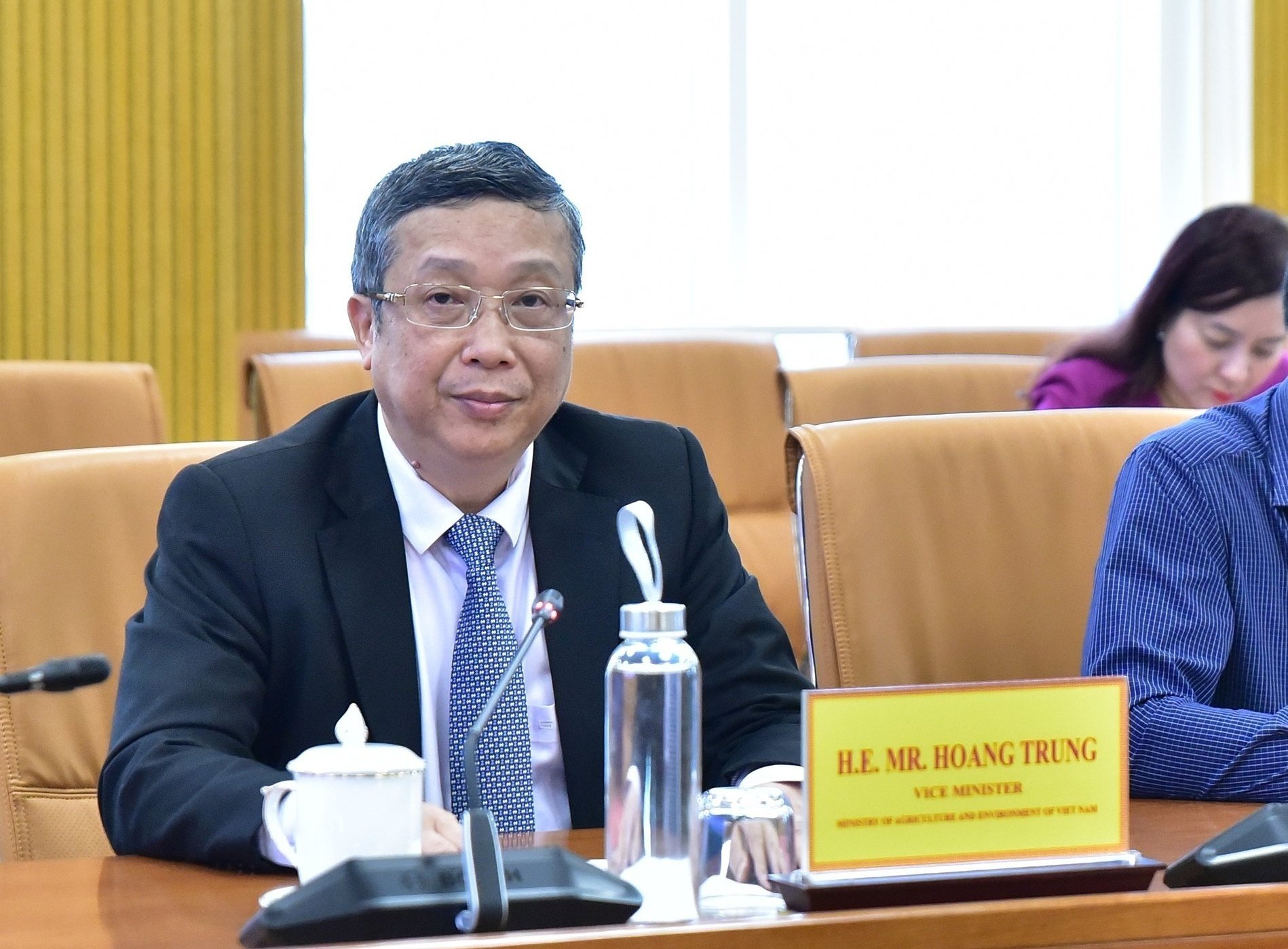
Deputy Minister Hoang Trung: "Diversifying processing for export, yet every product must comply with quality standards." Photo: Kieu Chi.
According to Deputy Minister Hoang Trung, each agricultural sector in Vietnam is selected based on its natural competitive advantages, including climate and soil conditions, while also considering farmers’ livelihoods and welfare. Strategic commodities must meet three criteria: high economic value, strong market competitiveness, and sustainability. On this basis, the Government issues supportive policies regarding resources and national branding, thereby enabling localities and enterprises to implement them effectively.
The Indonesian parliamentary delegation expressed its strong impression of Vietnam’s tropical fruit varieties and its policies for sustainable agricultural development. Major General Sturman Panjaitan affirmed that, with the current foundation of cooperation, Vietnam–Indonesian agricultural relations will yield many positive results.
"Although your country has a smaller land area than Indonesia, it ranks among the world’s leaders in the production and export of rice, coffee, and cashew nuts," Mr. Sturman Panjaitan remarked, praising Vietnam’s model of agricultural and rural development. He also expressed particular interest in the cooperation mechanism between farmers and enterprises.
He noted that Indonesia has millions of hectares of oil palm, and the government is working to optimize policies from cultivation to processing to ensure shared benefits between farmers and businesses. For certain commodities such as cocoa, despite having vast cultivation areas, product quality has yet to reach its full potential. Therefore, Indonesia has also requested Vietnam to share its experience in deep processing, raising quality standards.
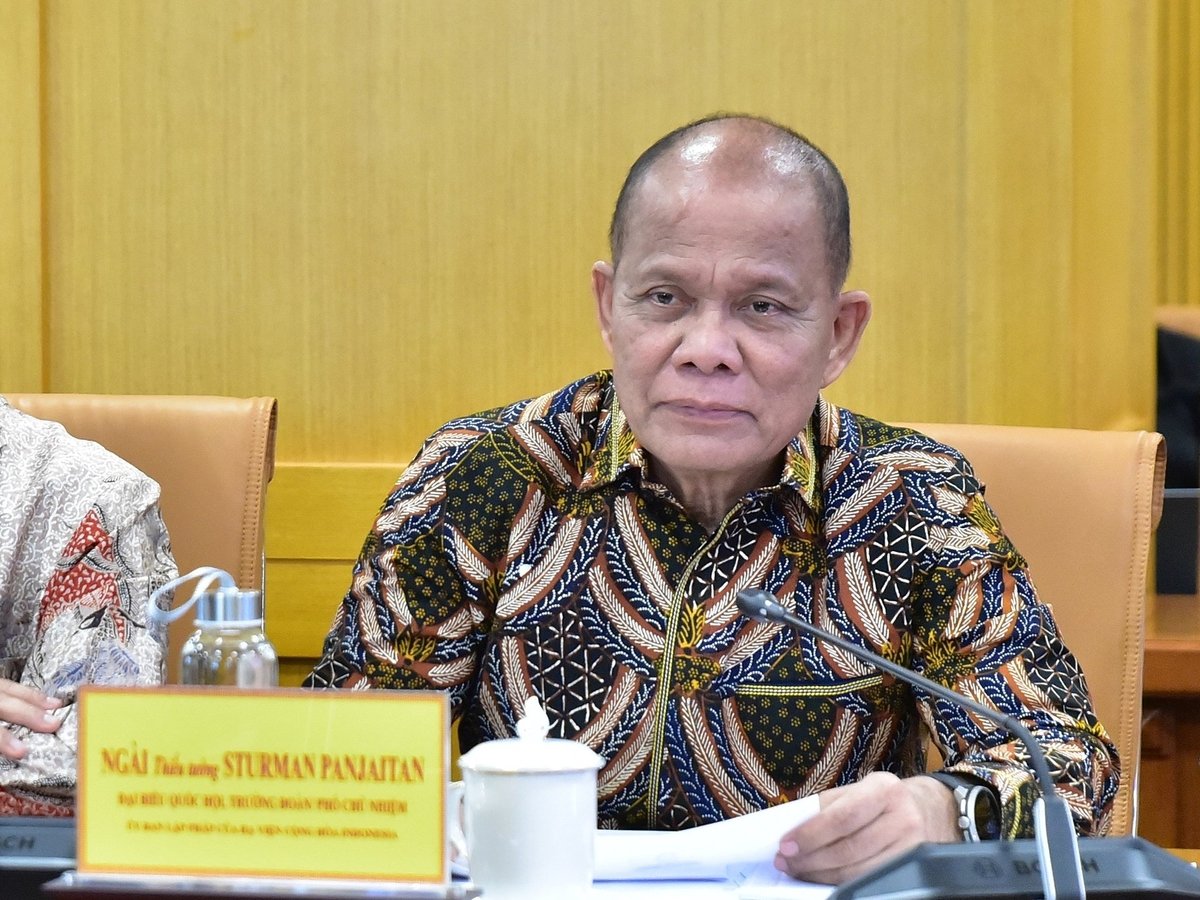
Mr. Sturman Panjaitan affirmed that Vietnam’s practical experience in developing agricultural value chains would provide many valuable lessons for Indonesia. Photo: Kieu Chi.
In response to the Indonesian side, Deputy Minister Hoang Trung stated that the cooperation mechanism between farmers and enterprises in Vietnam is based on the principles of voluntariness and mutual benefit. The Government creates favorable conditions, while ministries and agencies provide support in financing, agricultural extension, trade promotion, and removing market barriers.
Farmers are empowered in production and may distribute their products through traders or in partnership with enterprises. Agricultural enterprises not only purchase products under contract but also provide support in seeds, technology, and credit, thereby forming a sustainable value chain.
In 2024, Vietnam exported 9 million tons of rice and 1.3 million tons of coffee, alongside a large volume of fruit. The Deputy Minister also emphasized: "By clearly identifying and planning strategic commodities, we pursue sustainable production, agricultural extension, training, and high-tech investment. Products such as rice, coffee, and cashew nuts are not only supplied for the domestic market but also meet international standards, maintaining Vietnam’s position as one of the world’s leading exporters."
Regarding the use of organic fertilizers and agricultural by-products, which the Indonesian side requested Vietnam to share experiences on, the Deputy Minister noted that Vietnam produces around 20.9 million tons of fertilizers annually, including 3 million tons of organic fertilizers. MAE is encouraging farmers to replace chemical fertilizers with organic ones, both to reduce costs and to protect the environment.
Deputy Minister Hoang Trung expressed his hope that Mr. Sturman Panjaitan would make a positive contribution to Vietnam - Indonesia agricultural cooperation, thereby fostering the bilateral strategic partnership.
Translated by Kieu Chi
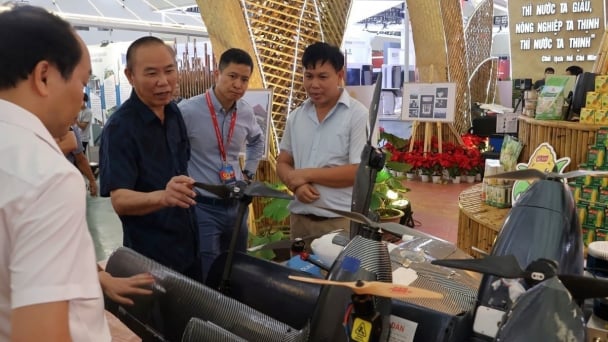
(VAN) On the afternoon of August 26, Deputy Minister of Agriculture and Environment Phung Duc Tien inspected the construction progress of the exhibition booth showcasing achievements of the agriculture and environment sector.
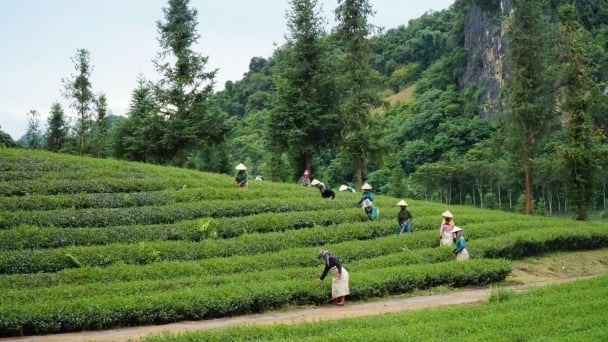
(VAN) Agroforestry is increasingly recognized as a sustainable production model, especially suitable for northern midland and mountainous provinces.
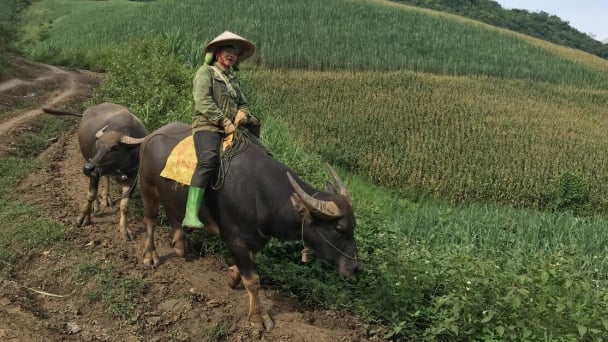
(VAN) The Sustainable Animal and Aquatic Foods Program (SAAF) will focus on a circular model in sustainable livestock production.
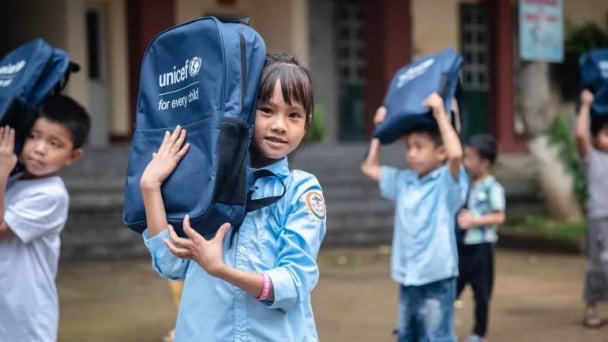
(VAN) UNICEF Viet Nam calls for stronger climate action through investments in the resilient systems children depend on, to better prepare them for a future of growing and intensifying threats.
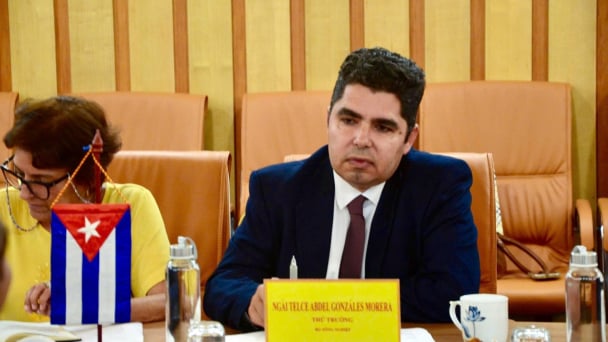
(VAN) On August 25 in Hanoi, Deputy Minister Phung Duc Tien held talks with Cuban Deputy Minister Telce González Morera, reaching a consensus on strengthening agricultural cooperation, particularly in rice production.
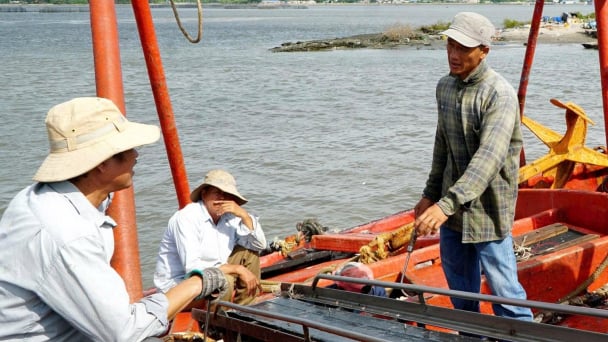
(VAN) Awareness-raising on combating IUU fishing in the former Ba Ria – Vung Tau has been carried out through various approaches, thereby improving fishers’ understanding.